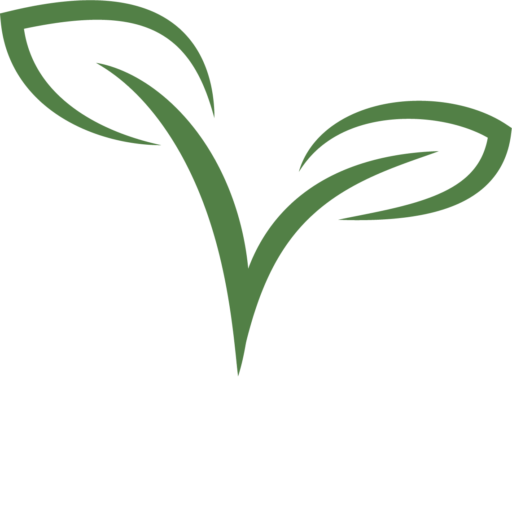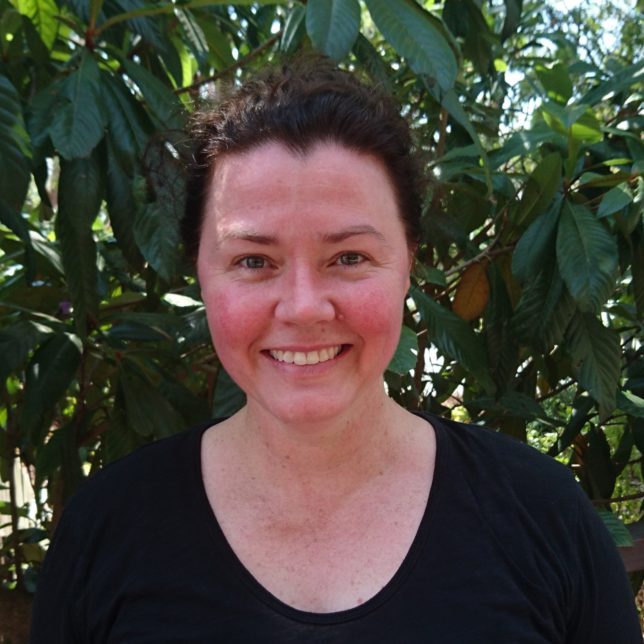NUE Lab
Researching Nutrient Use Efficiencies in Agriculture and Ecological Science
Located in Brisbane, Australia…
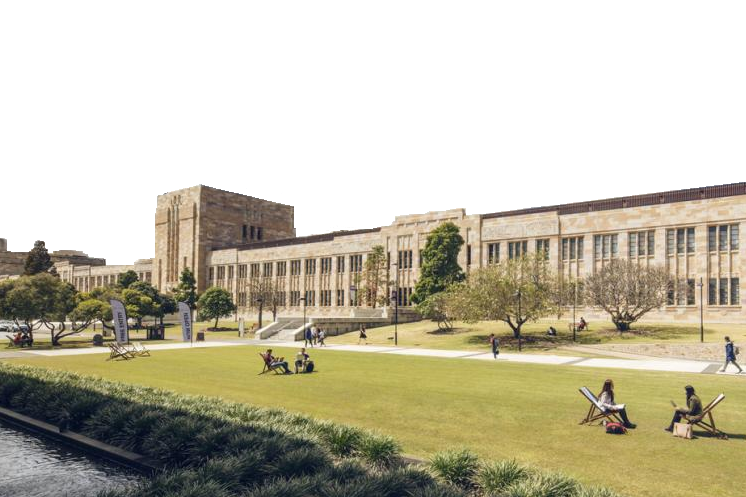
Industry Partnerships
We have a long and prosperous history with our industry partners. We have access to some of the most modern analytical services here at the University of Queensland. Furthermore, we have developed relationships with other institutions all over the globe, allowing us access to state-of-the-art technology. NUE Lab is dedicated to conducting world-class science and achieving top-level results. Find out more below.
Future Students
We have research for students at all stages of their academic career. From undergraduate courses (summer, capstone, etc.), honours, master’s thesis, and HDR candidates. If you’re interested in plant science, agriculture, microbiology (rhizobia and/or the rhizosphere), plant-nutrient relationships, and/or sustainability, we can facilitate your research. For more information Click Here; or, check out Current Projects.
Where Industry & Government Meets Science






Global Leaders in Agricultural Science
The University of Queensland hoasts world-leading agricultural scientists and researchers. Our facilities include a PC2 laboratory, temperature and humidity controlled growth cabinets, and climate-controlled glasshouses. Moreover, located 40 minutes outside Brisbane City, UQ’s Gatton Campus is equipt with first-class field-trial facilities.
We use a Multi-Disciplinary Approach
One of our key innovation strategies is our cross-disciplinary approach. Our intra-faculty relationships allow us to understand concepts from every angle. This novel approach has led us to many different partnerships with private industry, international academic institutions, and government partnerships.

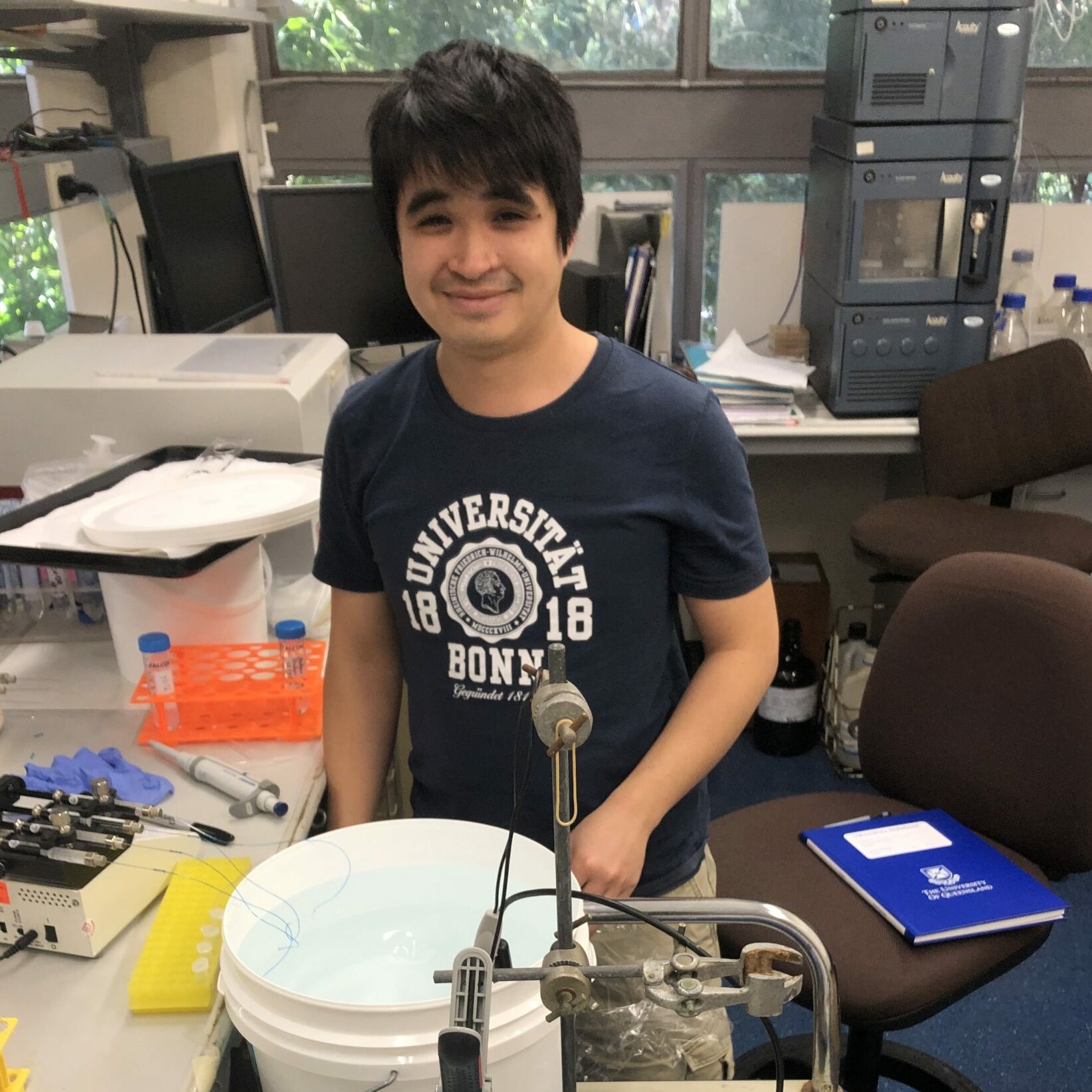
Current and Future Projects
Plant Nutrition and Ecophysiology
We study nutrient use by plants and the nutrient transformation in soil to enable re-purposing nutrients from wastes and recarbonising soils. Interdisciplinary collaboration allows diverse cutting-edge techniques, from molecular to whole system.
Crop Systems
We pioneer microdialysis in tropical systems for new insight into the soil-plant interface. Screening crop genotypes and next-generation fertilisers in controlled and field conditions joins experimental control with relevance. Nucleotide and functional analysis of microbial communities advances understanding of nutrient processes in soils. Research of soil chronosequences gauges long-term processes with view of carbon and greenhouse gas fluxes
Ecosystem Restoration and Soil Health
As we enter the United Nations ‘Decade of Ecosystem Restoration’, there is now wide acknowledgment that is much to restore. This is urgent with many of the world’s species threatened with extinction and because degraded landscapes not only lose the ability to protect nature but humans also suffer.
Sustainable Next-Generation Fertilisers
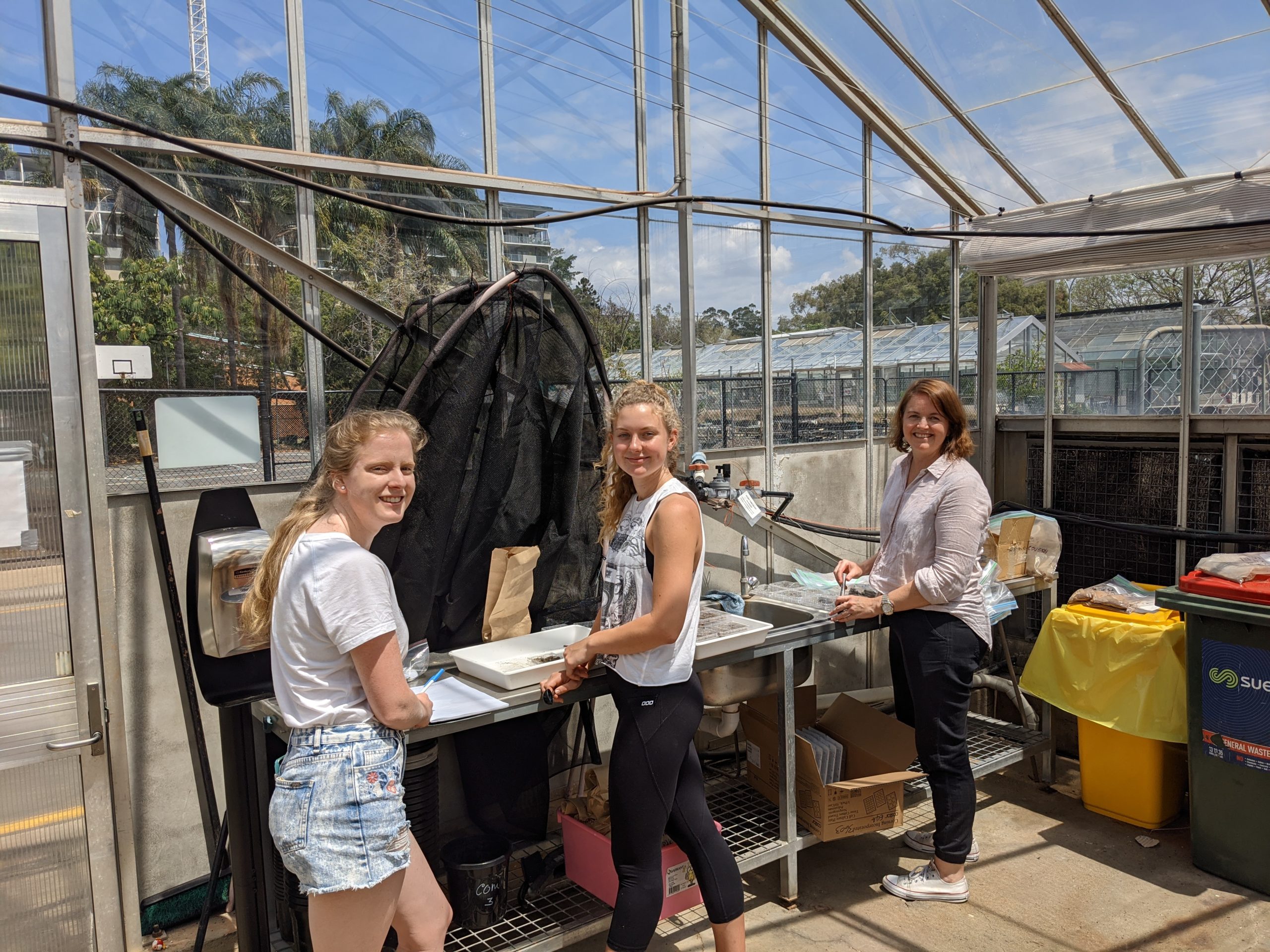
Heads of Laboratory and Research
Prof. Susanne Schmidt
Susanne’s passion for plant nutrition has resulted in a diverse research portfolio at the intersect of agriculture and ecology. Her research focusses on tropical plants, soils and microbes – from fundamental to applied.
As an educator, she coordinates and teaches undergraduate courses in plant science and ecology. Students graduating from her team work in industry, academia and government.
Dr. Nicole Robinson
Nicole's research interests span natural and agricultural systems dissecting how plants, microbes and soils interact with the aim for improved nutrient use efficiency to maximise production and reduce off-site environmental impacts.
A major research focus has been characterising nitrogen use efficiency in sugarcane across broad germplasm and the impact of nitrogen source availability and plant nitrogen use.
Current projects with sugar and cotton industry focus on soil health and nutrient cycling and the impact of crop management and resultant effects on productivity and stability of yield.
Future Students
Researching with us
Interested in undertaking a research program to complement, or complete your degree?
Get a head-start and find out what research is all about. Get involved with many of our ongoing projects. We can facilitate a project for any level of research:
- Summer Short-Courses
- Capstone Research
- Honor’s Project
- Master’s Project
Undertake research that interests you!
We have multiple ongoing projects ranging from plant science and nutrition, molecular biology, soil-geochemistry, and more…
If you have a special interest and would like to explore it further, please don’t hesitate to ask
Learning Outcomes when studying with us...
Undertaking a project here will teach you how to become a sovereign researcher. Your time here will prepare you to be autonomous in the laboratory, allowing you to thrive in a future academic career or in the real world. A few core learning outcomes are as follows:
- Learn to hypothesis and conduct novel research based on scientific literature
- Learn how to develop your own methods and conduct real laboratory experiments
- Learn how to collect, organise, and conclude your own data
- Learn how to write in a scientific manner
- Learn how to publish and contribute to the scientific world (hopefully!)
Supervision and Co-supervision
Get exposed to and work with some of the best researcher’s in the world. We have a multi-disciplinary and cross-faculty approach to our research. We can help you find supervision to bridge and build your research interests.
Uncertain what you would like to study?
Choose from a range of different topics:
- Plant physiology
- Microbiology
- Plant-organism relationships
- Agronomy
- Agriculture science

Click Here to find out more about studying/researching with us; or, check out our Current Projects.
Outstanding Achievements
Rhys Pirie – Falling Walls (2019)
Falling Walls:
The Falling Walls Lab is an international forum for the next generation of outstanding innovators and creative thinkers. Its aim is to promote exceptional ideas and to connect promising scientists and entrepreneurs from all fields on a global level.
Rhys won first prize for his outstanding Ph.D. research project.
Bianca Das – Homeward Bound Antarctica Program (2019)
Homeward Bound Adventures:
Five University of Queensland-based scientists travelled by sea to Antarctica in November 2019, after being handpicked for a professional development program.
Homeward Bound aims to improve applied science and to address global issues – particularly environmental degradation.
The Homeward Bound scheme aims to heighten the influence and impact of women in decisions that shape the planet, offering opportunities to 100 female scientists each year.
Get in contact!
Please feel free to contact us with any enquires.
Email Address
Visit US
Floor 3, John Hines Building (62)
The University of Queensland,
St Lucia, Brisbane, Queensland 4072
